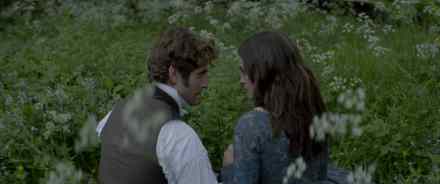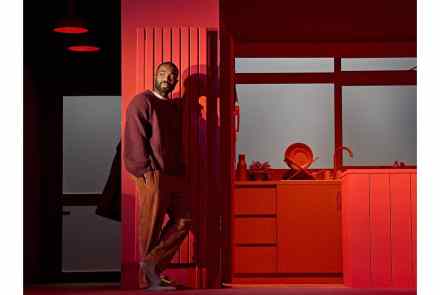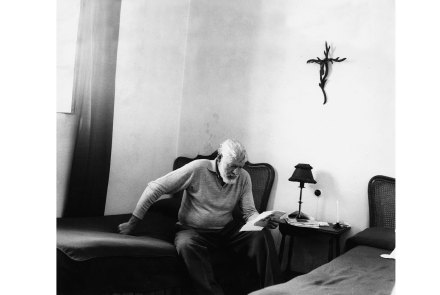The sexing-up of Emily Brontë
In a month that has seen more than its fair share of chaos, I had hoped the release of the first-ever Emily Brontë biopic would at last offer some cause for celebration. But Emily, which arrived in cinemas this week, has provided quite the opposite. Frances O’Connor’s directorial debut focuses on a fling between Emily (played by Emma Mackey) and her father Patrick’s dishy assistant curate William Weightman (Oliver Jackson-Cohen), suggesting that their racy romance inspired Wuthering Heights. Not only is there no evidence that this relationship took place, but there are clues that it was actually the youngest of the sisters, Anne, who caught Weightman’s eye. Charlotte wrote that Weightman ‘sits opposite




